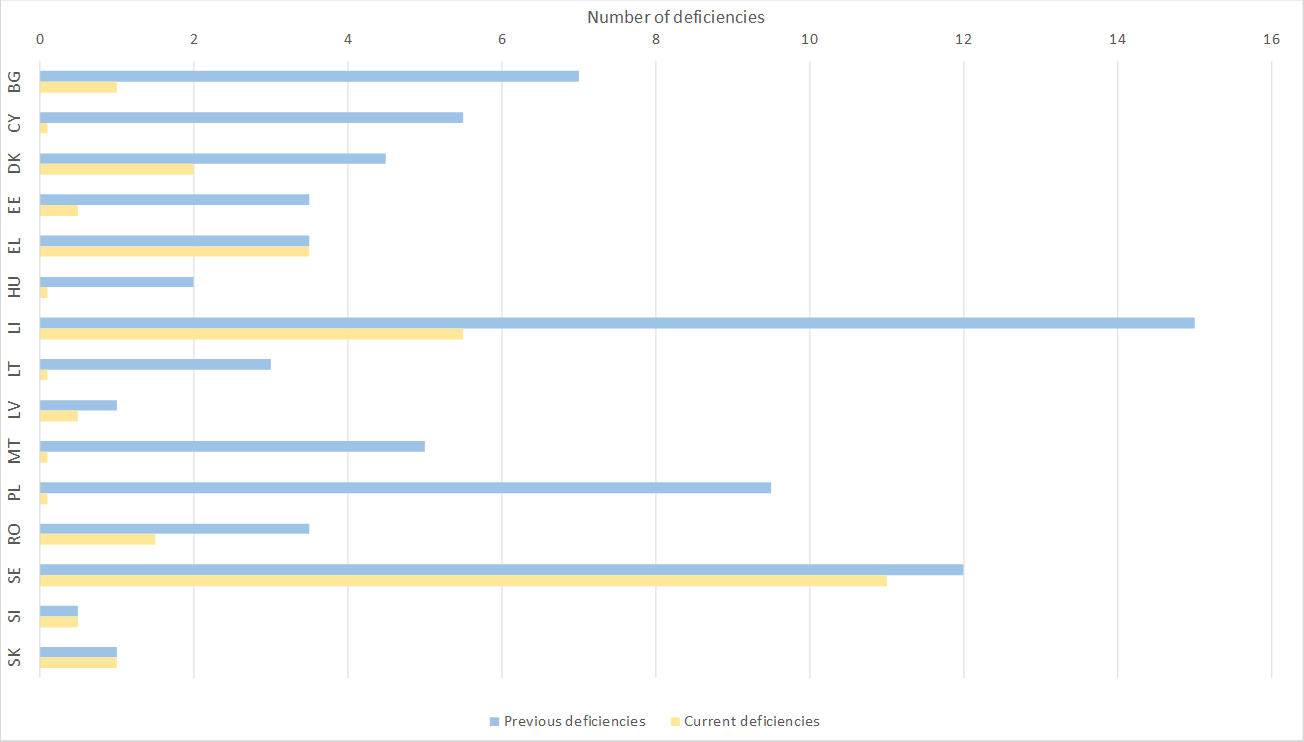The European Securities and Markets Authority (ESMA) finds that national regulators are giving greater attention to best execution requirements under the Markets in Financial Instruments Directive (MiFID) in the follow-up report to its Peer Review published in 2015.
Best execution refers to the obligation under article 21 of MiFID for investment firms to execute orders on terms most favourable to their clients as an investor protection measure. ESMA conducted a peer review on how national regulators supervised and enforced these provisions for 29 countries in the European Economic Area from 1 January 2011 to 31 December 2012 and published its findings in 2015. The peer review found that the level of implementation of best execution provisions, as well as the level of convergence of supervisory practices by regulators, was relatively low. In particular, 15 regulators were found not to apply or only partly apply criteria considered essential for ensuring effective best execution.
Consequently, ESMA launched its follow-up work in September 2016 to assess whether national regulators have taken steps to address the shortcomings identified in the peer review. In its report, ESMA finds there are clear improvements in the level of attention paid to the supervision of best execution requirements and that in general, regulators are adopting a more pro-active supervisory approach to monitoring compliance. The below chart provides an overview of the number of deficiencies identified in the 2015 peer review and the number of deficiencies that still remain to be addressed.
The ESMA statement and related information can be found here.

